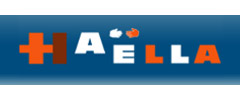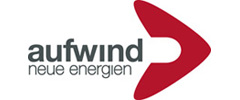EU waste burning controls enter full force
An EU drive towards cleaner waste incineration passed a key milestone on 28 December with the full entry into force of environmental controls passed in 2000.
18.01.2006 |Sascha Gabizon
All existing - meaning approximately pre-2002 - incineration plants and industrial plants that coincinerate waste, are now required to meet the stricter standards (ED 14/07/01).
The 2000 directive replaces and strengthens three earlier laws that dealt separately with incineration of municipal and hazardous waste. Compliance with the new rules has been projected, in particular, to cut dioxin emissions from waste incineration by more than 99%.
Also significant is the fact that the new rules cover not only dedicated waste incinerators but also cement kilns, power stations and any other industrial plant burning waste as fuel. Europe's cement industry alone burns about 4m tonnes of waste per year, recovering energy and substituting fossil fuels.
European municipal waste incineration association Cewep welcomed full entry into force of the directive's controls, which it said would help level the competitive playing field between dedicated incineration and industrial coincineration. The latter still faces looser emission standards than the former, but is now at least subject to EU controls, Cewep official Ella Stengler told Environment Daily.
For municipal waste incinerators the significance of the 28 December deadline varies by country. In Germany, for instance, very similar national standards have been in force since the early 1990s so there is no change. At the other end of the scale, France has still not brought all its incinerators into compliance. On 28 December, French environment minister Nelly Olin admitted that only 96 out of 128 incinerators in operation met the new standards. Most non-compliant plants would be partially or wholly shut down while improvements were put in place, the ministry said. Four would continue to operate out of compliance.
For waste incineration plants complying with the directive, the challenge now is achieving best available techniques (BAT) as defined in an EU guidance document, according to Cewep's Dr Stengler This was finalised last year under the EU's industrial pollution control directive (ED 25/07/05).
Follow-up: Cewep, tel: +32 2 770 6311; European cement industry association, tel: +32 2 234 1011. See also statements by French environment ministry
and UK cement industry.
Article Index: air, waste, industry facilities, resources


































